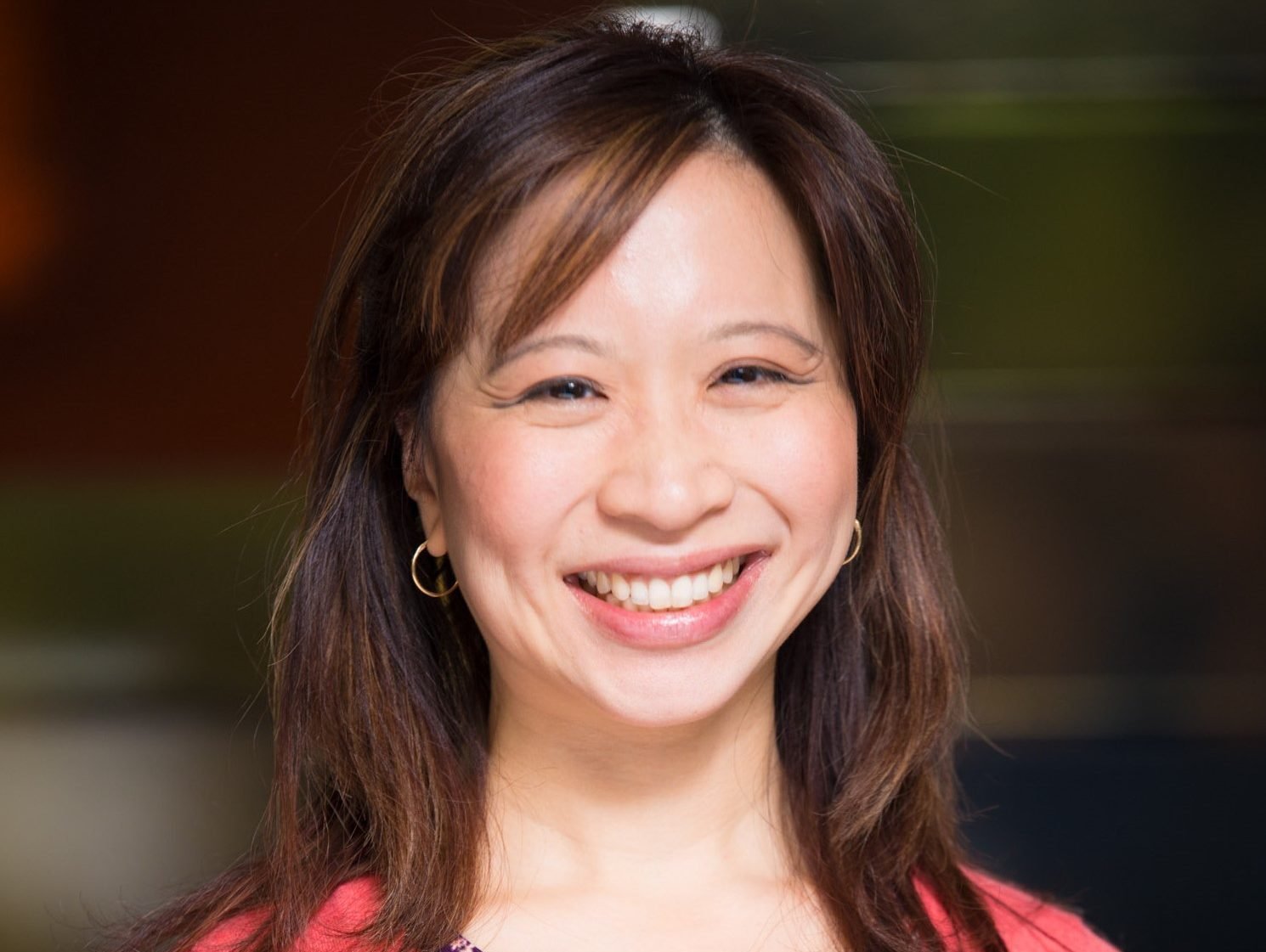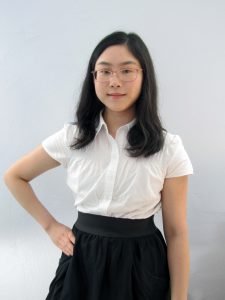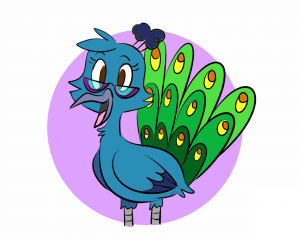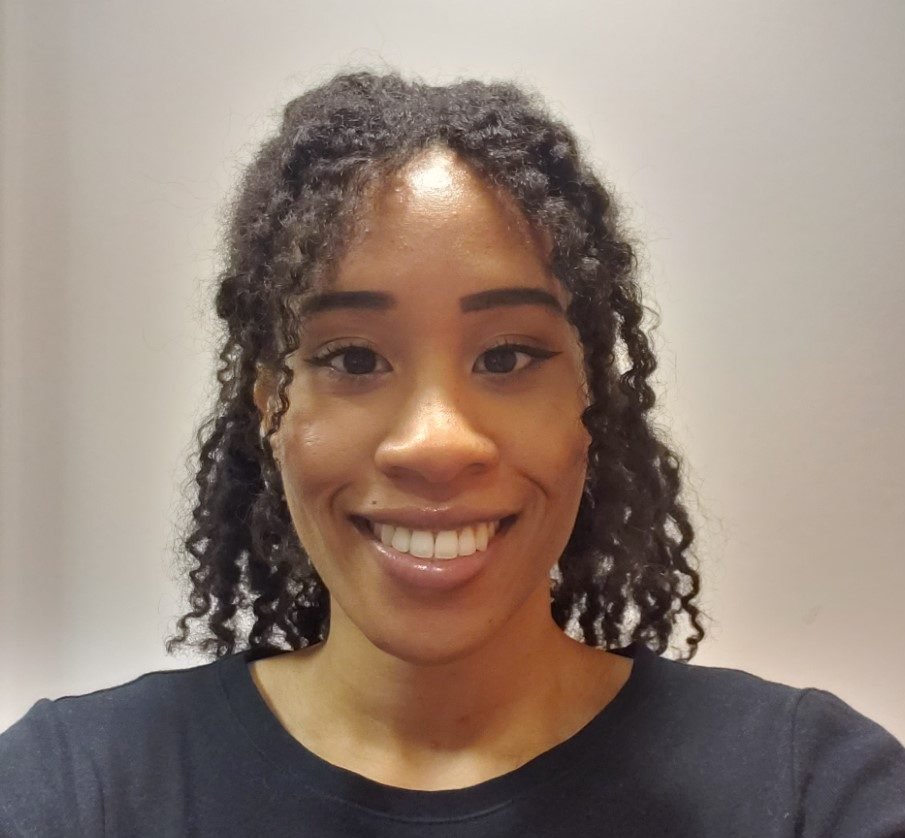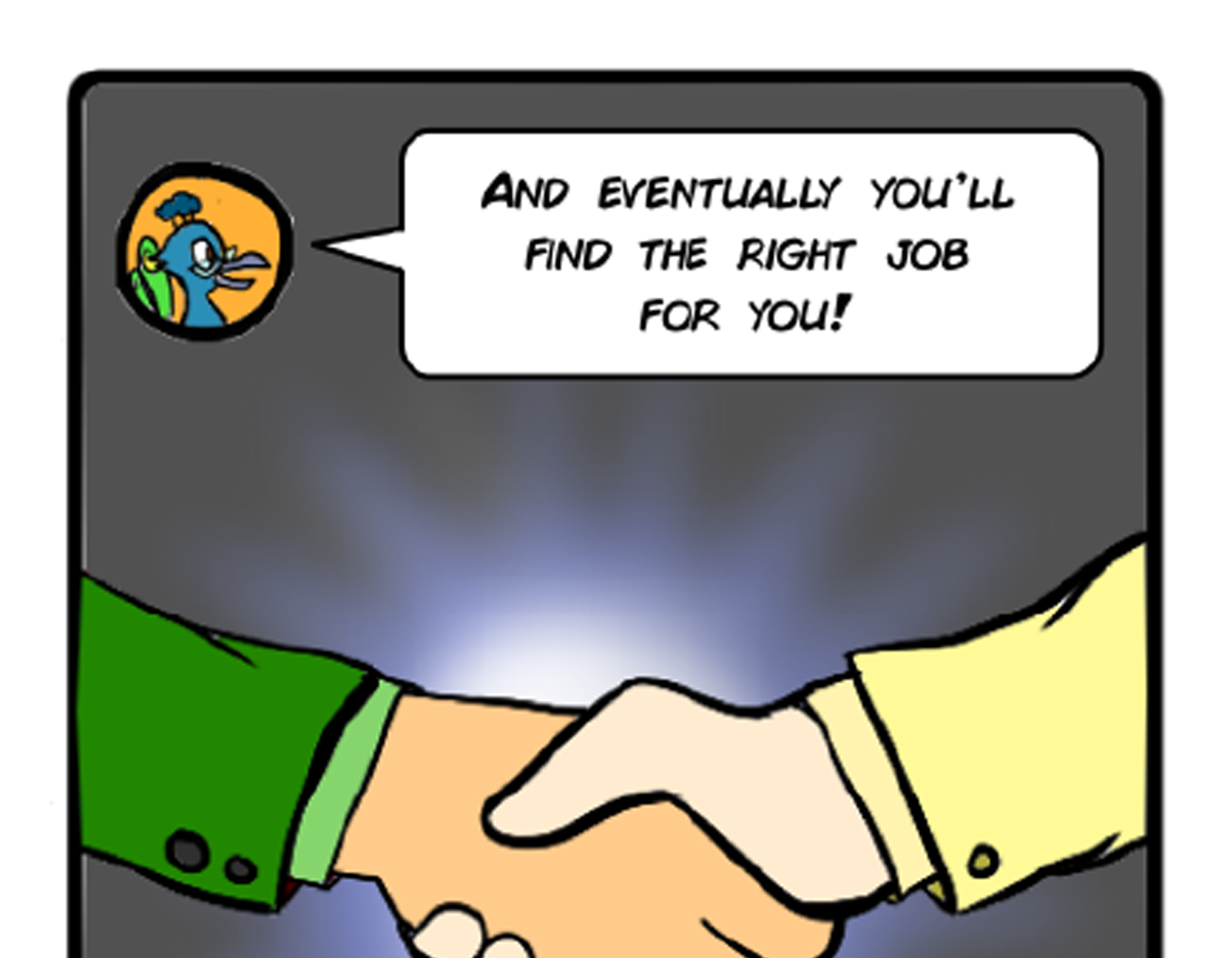We interviewed David Zarnett about how to make the transition from high school to university. For many students, this is their first time being away from home, living in a big city, and being around so many other smart competitive colleagues. It’s a major transition that seems to either go well or terribly wrong over the course of a year. It’s important to be mentally prepared for this transition, and take advantage of as many of the campus resources available in order to set yourself up for success.
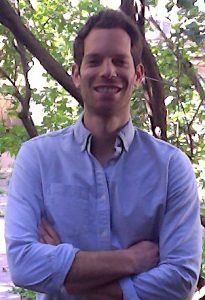
David Zarnett is the Undergraduate Student Advisor in the Department of Political Science at the University of Toronto. He is also an experienced lecturer on global security, human rights, international cooperation, and war and peace. As the Undergraduate Advisor, he helps students address the many challenges they face during their undergraduate studies and helps them prepare for life after they graduate. He is passionate about empowering students of all abilities to be successful on their own terms.
_
How did your interest in foreign policy, in particular in the Middle East, develop?
_
I come from a Jewish family, not religious, but, in that sense, the Middle East, Israel, Palestine were sort of always in the air in the water. You grow up thinking about the politics of the region. I had taken a few classes as a history student in the Middle East and we started to discuss the controversial aspects of the Israeli-Palestinian conflict within the Jewish community. I’m drawn to controversy and I like figuring out why people disagree so strongly so vehemently on a particular issue, how do they come up with these conclusions, and the different types of evidence they use. So, that made it really appealing, in addition to the personal connection I have.
_
What kinds of challenges did you run into while in school, especially undergrad?
There’s a few ones that I think a lot of people talk about – like balancing social pressures with the responsibilities of a student and confronting new perspectives and different opinions and time management. But I think the most important, or the thing that I really struggled with, and I will continue to struggle with it is dealing with some type of an academic failure. I remember my first-year political science class POL101. I think I must have gotten maybe a 58 or 60 in the class. However, I am in fact very lucky to have had that experience because I can now tell students who come to me saying – “oh my god I screwed up my first-year classes or my second-year” – don’t worry because it happened to me and I managed to get a PhD! In university, things do suddenly become far more honest and a bit more brutal, and the question is what do you do to overcome some of those challenges.
What would you say is the difference between writing essays in high school vs. university?
I think the major difference is the reflection or the manifestation of thinking; in other words, how someone thinks through a difficult question. So, I think the most fundamental difference is that at the university level, writing requires higher quality thinking, more rigorous thinking, more in-depth thought, and more time to think about exactly what a question is getting at and how to answer it. There are three important things to know when writing a university level paper. First. you need to have a sensitivity to the readers needs and make your ideas very clear, presentable, logical, as well as well-organized. It is crucial to know your audience. The second thing would to be have a core argument that is backed up by solid evidence. And, the third would be to have fair and reasonable engagement with counter arguments.
Having helped several students over the years as a teacher and advisor, what is the most important thing you think a first-year needs to know?
I think one important resource would be the professors’ office hours. Do not be scared of being judged or feel intimidated by professors. You’d be surprised at how many professors enjoy speaking to students, having them ask questions, and getting to know who they are. Going to office hours is a great way to build a connection and to feel connected to a class. And, I think students should know that professors are humans too. Professors also have flaws.. And often what can seem like some sort of social awkwardness, can be just really attributed to some degree of insecurity. So, I would advise students: to be courageous, be brave, and go out and get the information you need from your teachers!
David’s Book Recommendations and Resources
At the Existentialist Cafe: freedom, being, and apricot cocktails by Sarah Bakewell
Find more about David at the UofT Pol Sci Website or email him at David.zarnett@utoronto.ca!
Thank you, David, for sharing the excellent advice with us and our readers!
_
_
_
Missed the podcast? Listen here:
_
_
For more advice about writing, check out our weekly podcast or subscribe to our monthly newsletter.
_
To get more help with your assignments, book a 20 minute discovery session with us and start your journey to reaching your full potential on the page, and in life.
Both the written, visual, audio, and audiovisual content of this post has been created by and is the intellectual property of Lisa Pfau and PFAU Academic Writing. Please do not replicate any of the above content without our consent. However, please do feel free to share this post and its authorship widely.


